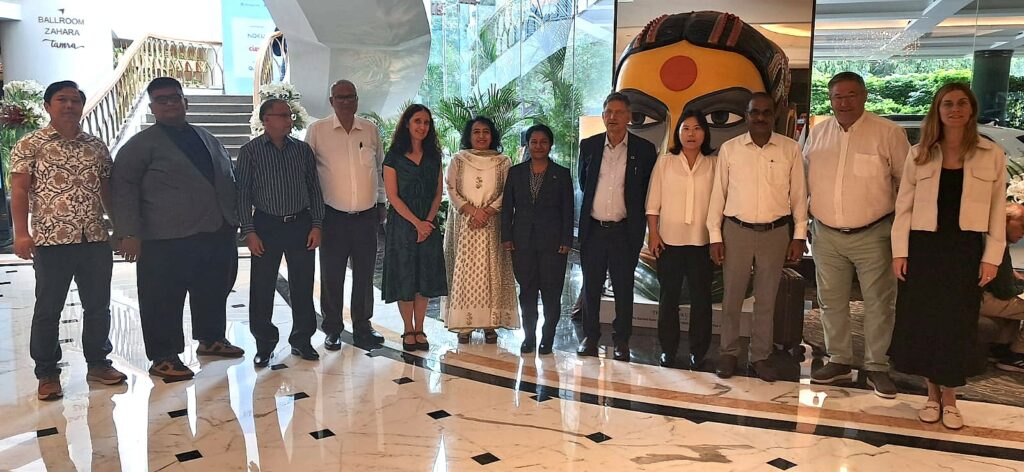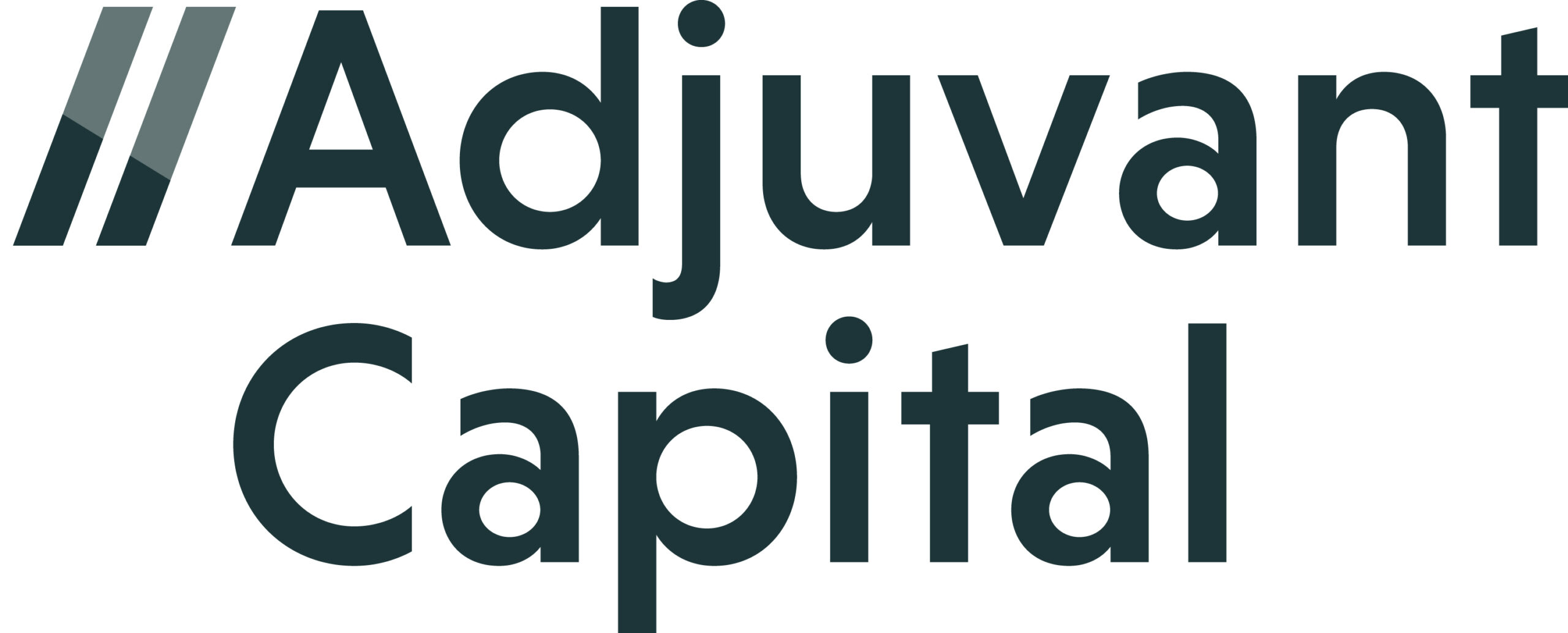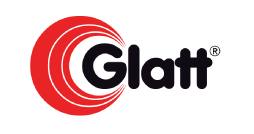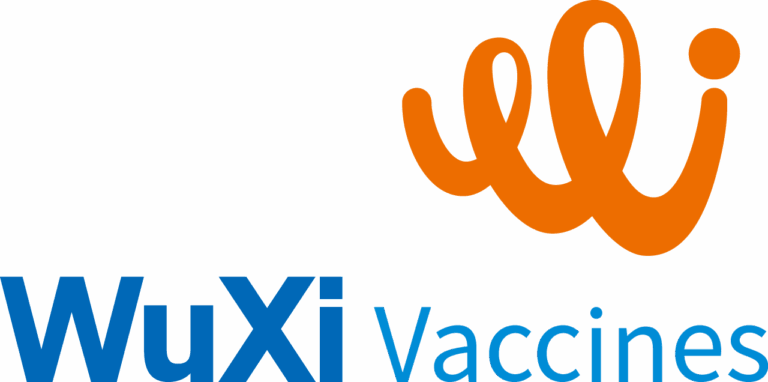On 28–29 August 2025 DCVMN convened the Supply Chain Working Group in New Delhi for a two-day in-person workshop focused on turning 2025 objectives into actionable plans, including a targeted look at AI for supply chain and strengthened collaboration with UNICEF, Gavi and GS1.
DCVMN welcomed 18 participants from six member manufacturers, alongside consultants and DCVMN staff, to the Supply Chain Working Group (SCWG) workshop. The meeting combined expert learning, partner engagement and practical planning to accelerate supply-chain improvements across the membership.
Day 1 featured an external expert session on the use of artificial intelligence in logistics and inventory management. The session highlighted concrete, applicable AI approaches that could improve forecasting, reduce stockouts and streamline inventory flows — outcomes with immediate relevance for vaccine manufacturers.
Day 2 included remote contributions from UNICEF, Gavi and GS1, enabling members to engage directly with procurement and standards partners. These exchanges supported alignment between DCVMN’s priorities and partner agendas, and helped identify concrete areas for joint action.
Objectives and deliverables
The workshop pursued three core objectives: (1) define a clear path for achieving the SCWG’s 2025 objectives; (2) train members on AI benefits for vaccine supply chains and assess the feasibility of DCVM pilot projects; and (3) create an actionable agenda for collaboration with UNICEF, Gavi and GS1.
By the close of the workshop the group validated the following deliverables:
- A clear path forward and accountabilities to deliver the 2025 SCWG objectives.
- An AI action plan outlining practical steps to deploy AI-driven solutions to improve SCM performance.
- A joint agenda and action plan to collaborate with UNICEF, Gavi and GS1 on priority supply-chain interventions.
Discussion highlights
Participants discussed single-use systems supply-chain issues, including single-source dependence, lead-time pressures and planning bottlenecks, and explored how the workshop deliverables can directly reduce these risks. The group also mapped priority pilot concepts and next steps to test AI approaches that are both high-impact and feasible for member facilities.










